Peanut Allergy Through Breast Milk
Peanut allergy through breast milk. The protein in peanuts can be transferred through breast milk but this does not mean a child will develop an allergy if exposed to peanut protein. Peanut protein can also remain in breast milk for at least 24 hours. Common allergens include dairy eggs fish shellfish peanuts tree nuts wheat and soy 1.
Ingested food allergens do not always make their way to breast milk. The casein proteins in milk and other dairy products affect 2 to 3 percent of babies and can cause intestinal gas abdominal pain a rash around the mouth or anus diarrhea and irritability. Scientists have conducted several studies of breast milk at different time intervals after ingestion by the mother.
The most common food allergens are cows milk soy corn and eggs. At 6 months he had peanut butter in his oatmeal and had a red blotchy rash on his face neck and chest. No need for the anxiety or potential medical situation through exposure.
One would think that if the sensitizationbreastfeeding theory were correct that this would in fact occur. The concept of tolerance induction by allergen in breast milk has been shown in experimental asthma. 32 Aerosol allergen ovalbumin.
Reduced risk of peanut sensitization following exposure through breast-feeding and early peanut introduction. According to the National Institute of Health NIH study there is a peanut-specific protein allergen called Ara h 6 that had been shown to transfer to breast milk within 10 minutes after consuming 30 g of peanut protein. A baby may develop allergies to components that pass through a mothers milk from her diet.
Peanut transfer to breast milk Peanut protein Ara h 6 has been shown to transfer to breast milk within ten minutes after consumption of one ounce 30 g of peanut protein. Pitt TJ Becker AB Chan-Yeung M Chan ES Watson WTA Chooniedass R Azad MB J Allergy Clin Immunol. A cows milk allergy developing from exposure through a mothers breast milk is relatively rare however occurring in less than 1 percent of breastfed babies.
For instance one lab gave 23 women a serving of peanuts. A study by Bernard et al 2014 showed that Ara h 6 peanut allergen has been detected in human milk within 10 minutes of ingesting peanuts with peak values observed within the first hour after ingestion.
No need for the anxiety or potential medical situation through exposure.
OVA exposure of wild-type WT mothers during breastfeeding resulted in an allergen transfer to offspring through milk and the induction of allergen specific transforming growth factor TGF βdependent. Only half of them ended up with detectable levels of peanut protein in their milk. This means theres a good chance your baby will not be sensitive to these foods you or your babys father are sensitive to later in life if they are breastfed. Three of these babies showed. The most common food allergens are cows milk soy corn and eggs. A representative immunoblot of breast milk collected at 1 hour following peanut ingestion. At 6 months he had peanut butter in his oatmeal and had a red blotchy rash on his face neck and chest. According to the National Institute of Health NIH study there is a peanut-specific protein allergen called Ara h 6 that had been shown to transfer to breast milk within 10 minutes after consuming 30 g of peanut protein. Peanut transfer to breast milk Peanut protein Ara h 6 has been shown to transfer to breast milk within ten minutes after consumption of one ounce 30 g of peanut protein.
The amount in breast milk peaks after one hour but peanut protein can still be detected over a 24 hour period. If your child does experience any of the above symptoms contact your doctor right away. Peanut protein can also remain in breast milk for at least 24 hours. Scientists have conducted several studies of breast milk at different time intervals after ingestion by the mother. Five babies had confirmed breast milk allergy. Even a baby who has never been formula fed and has never had any food besides breast milk may show signs of food allergy including. We recommend consulting your pediatrician to discuss any concerns regarding possible food.













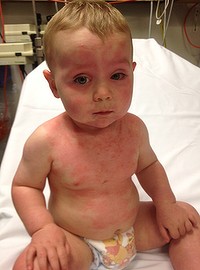







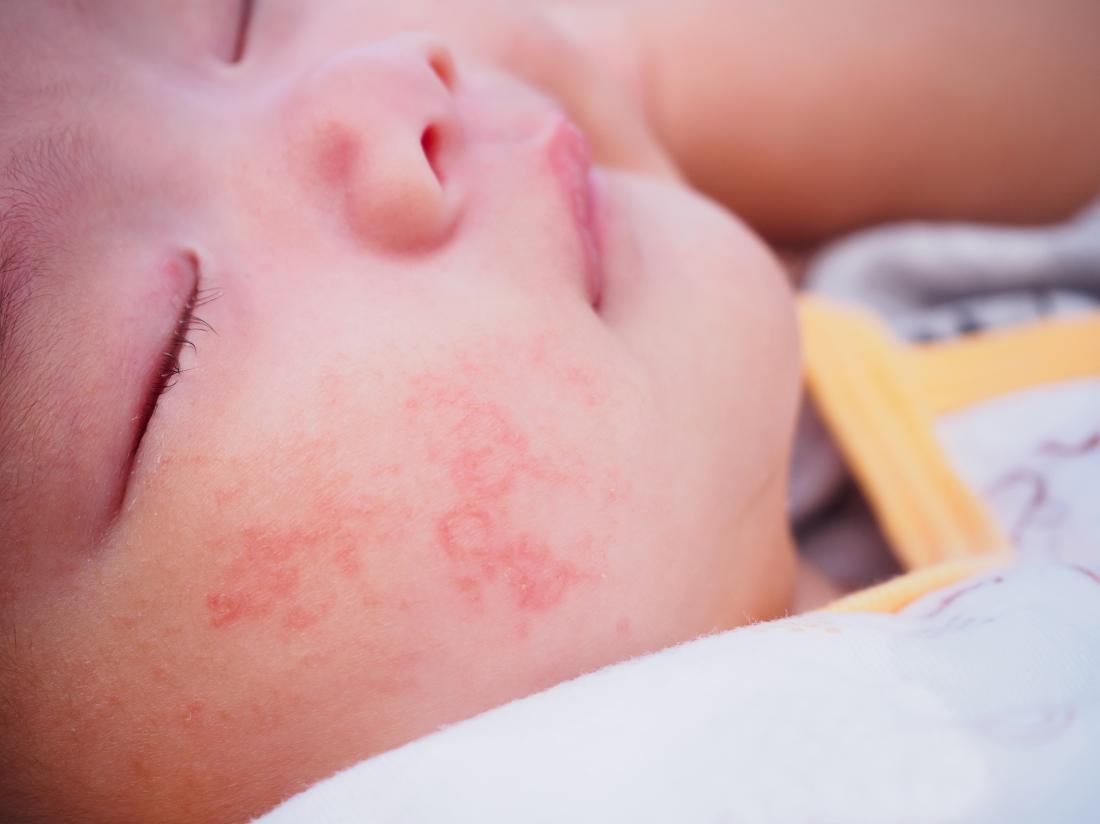
/babyeatingpeanutbutter-db481e2af74c4c8aad9526408041bacc.jpg)


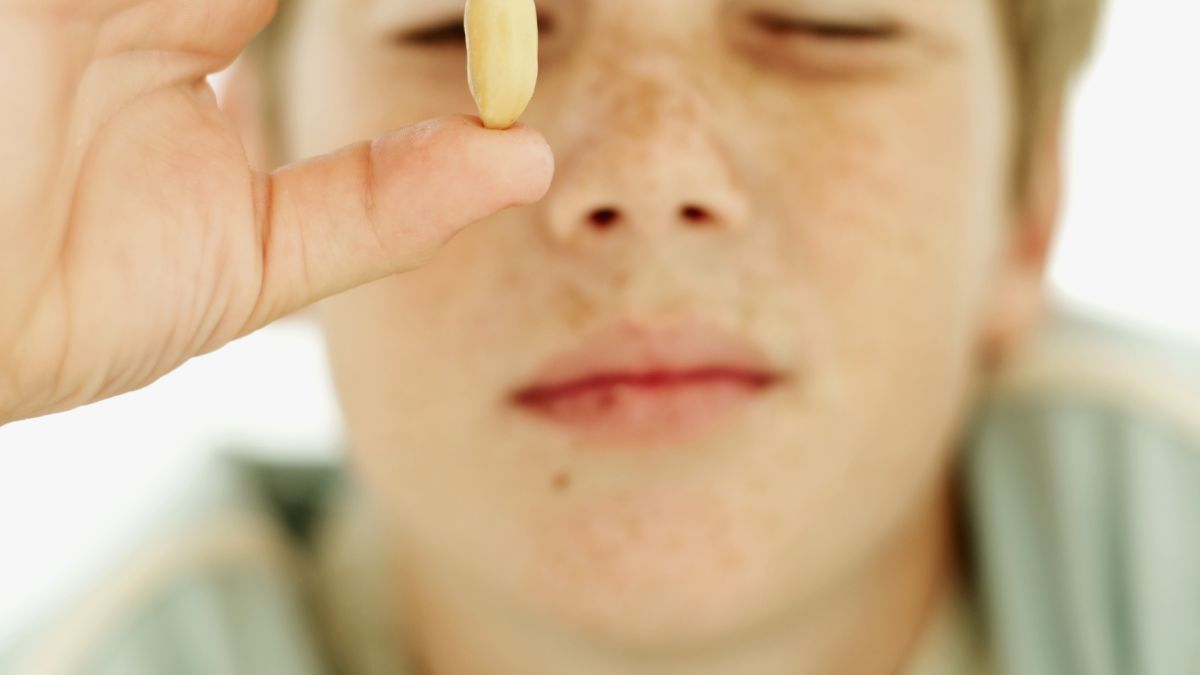
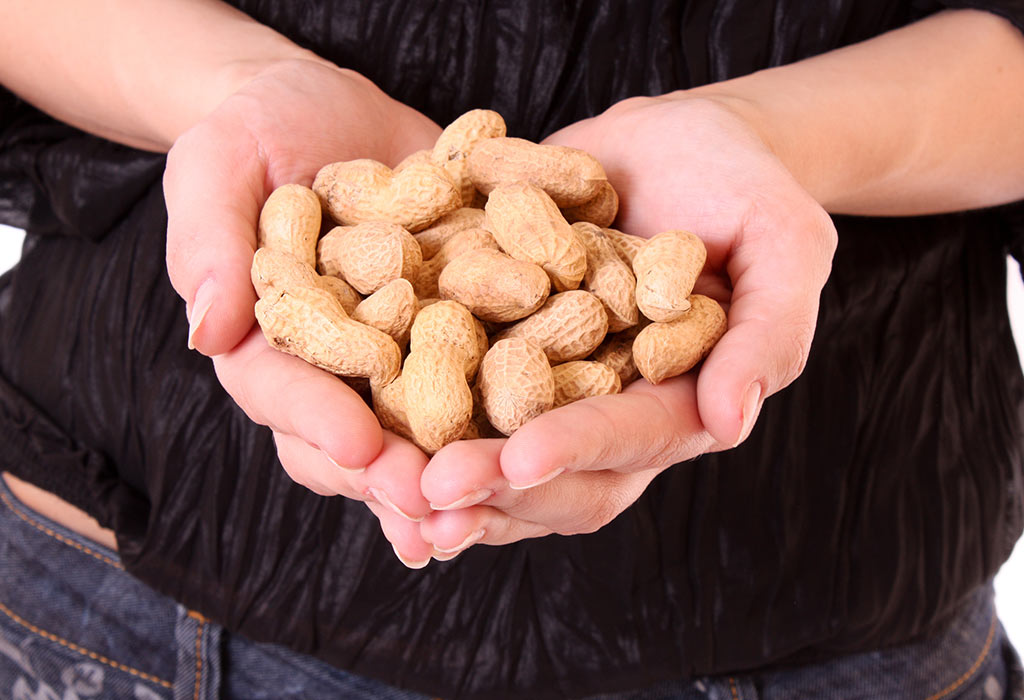

/88769442motherimageGettybreastfeeding-56a0b9255f9b58eba4b3312f.jpg)



:no_upscale()/cdn.vox-cdn.com/uploads/chorus_image/image/43577168/shutterstock_1147718.0.0.jpg)



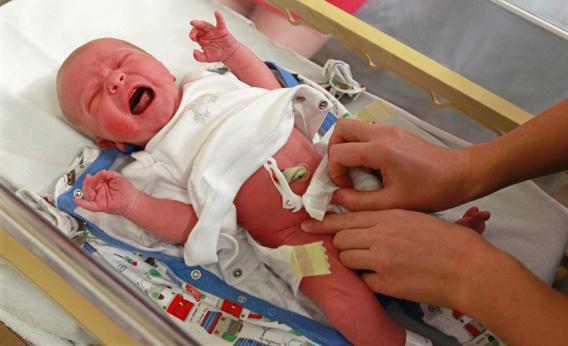
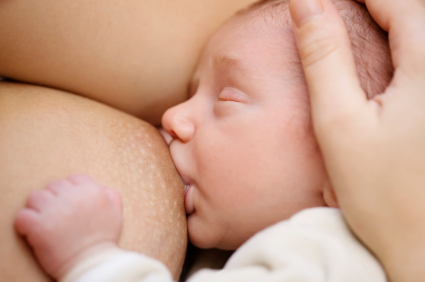


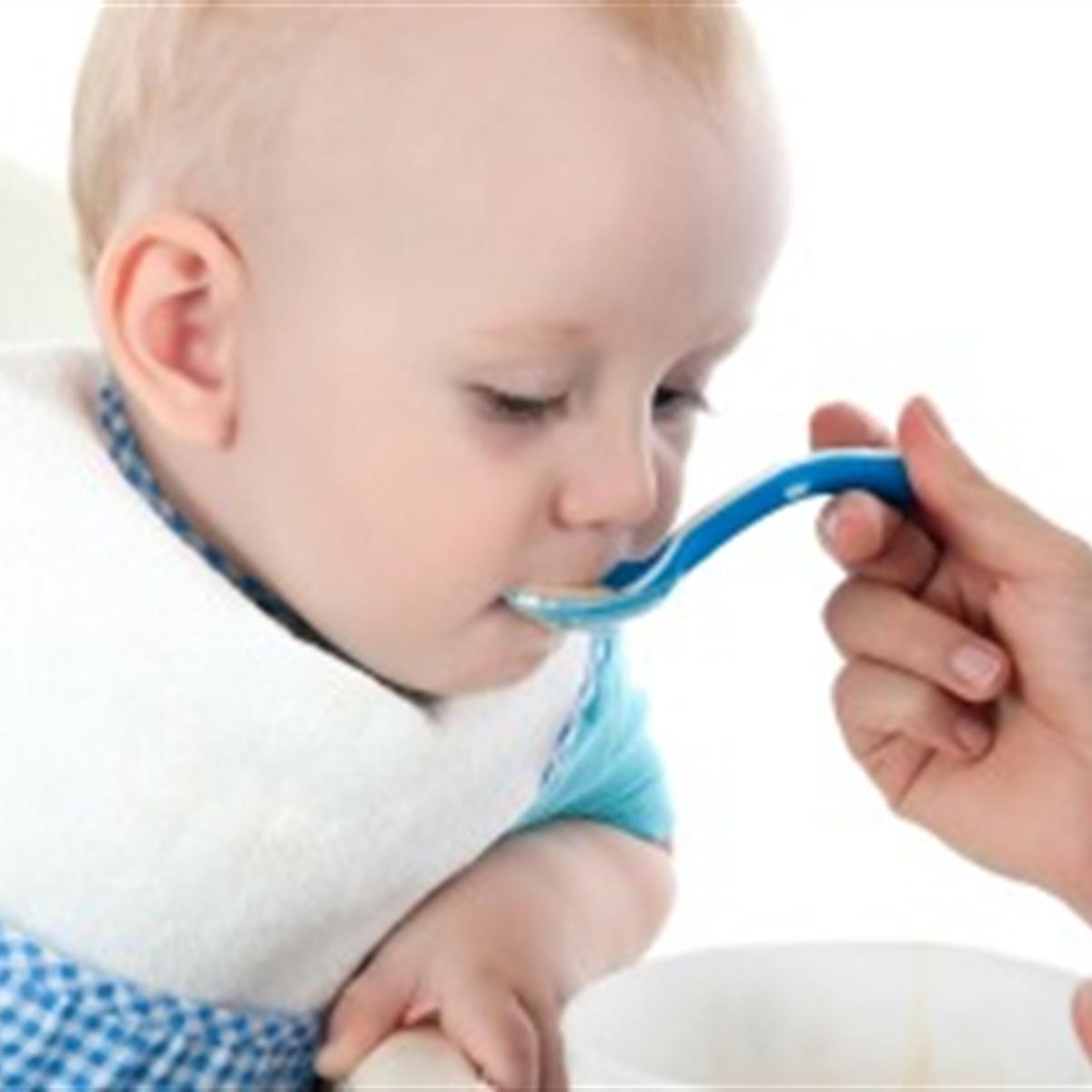


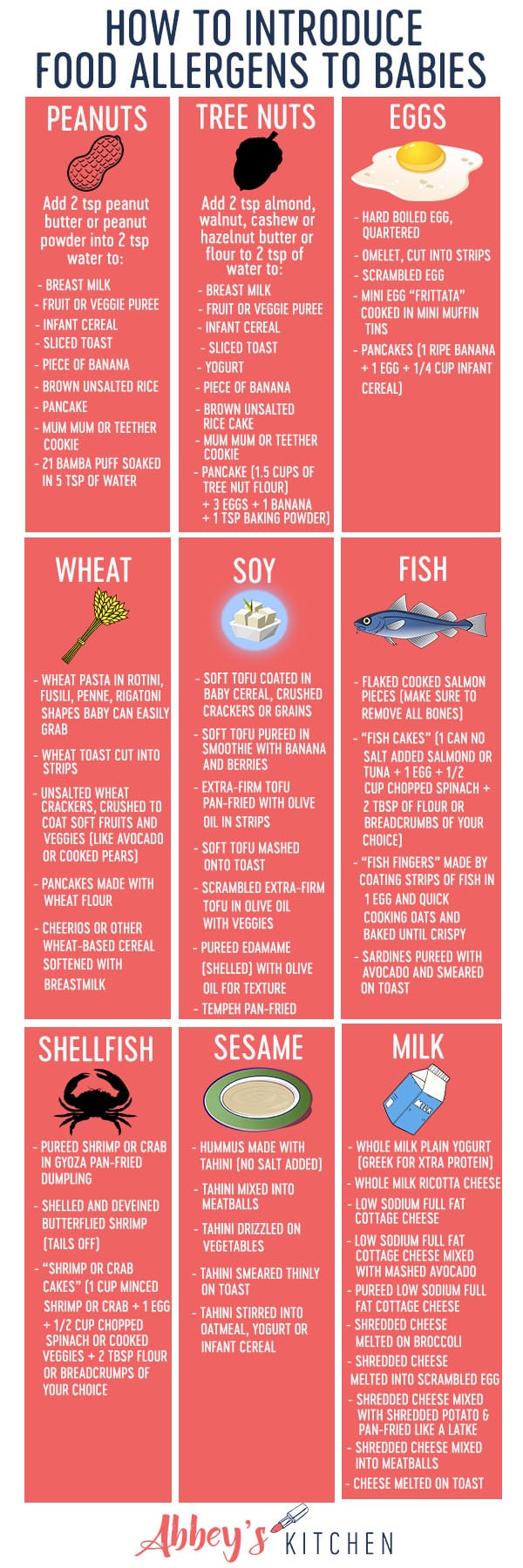




Post a Comment for "Peanut Allergy Through Breast Milk"